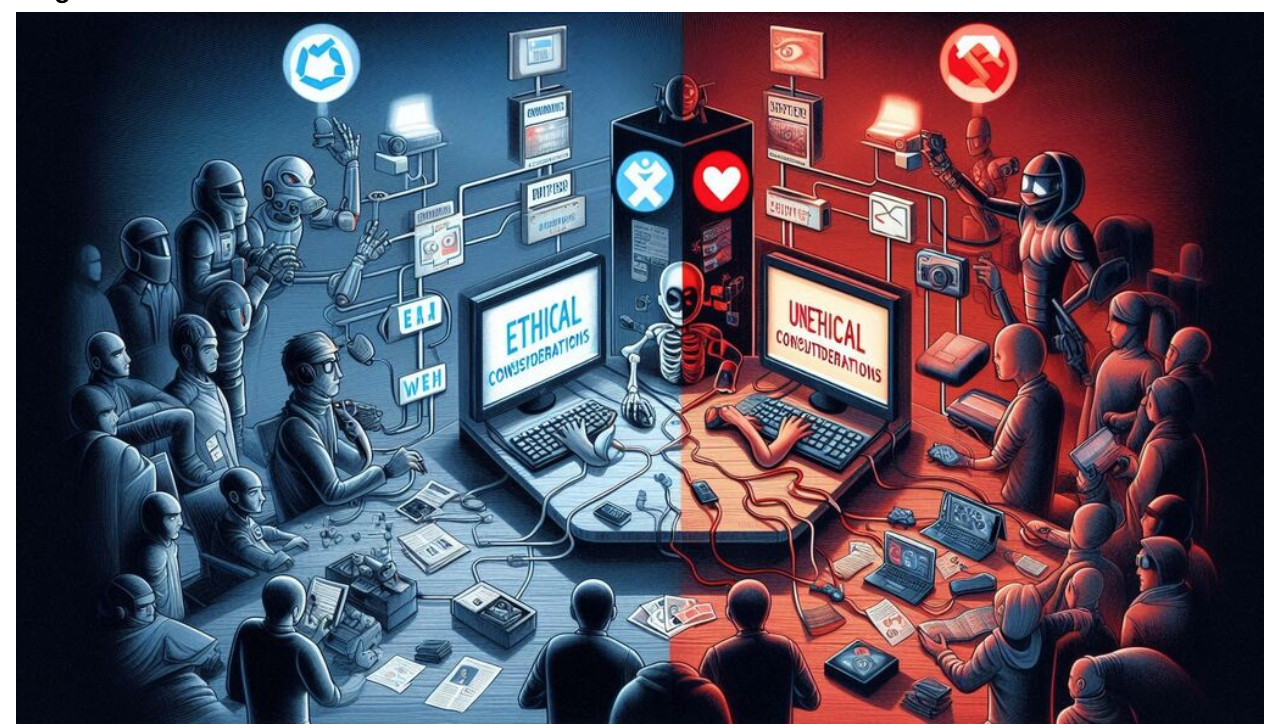As artificial intelligence (AI) continues to advance, its applications in various fields, including gaming, are expanding. One area of concern is the use of AI technology to create game cheats. While AI has the potential to enhance gaming experiences and improve accessibility, its misuse for cheating raises significant ethical questions. This blog delves into the moral implications of using AI for game cheats, exploring the consequences, debates, and responsibilities associated with this technology.
Understanding AI in Gaming
AI has become an integral part of modern gaming, offering numerous benefits such as adaptive difficulty, enhanced player experiences, and dynamic game environments. It powers features like non-player character (NPC) behaviors, procedural content generation, and real-time analytics. However, the same technology can also be exploited to create cheats that undermine the integrity of games.
The Rise of AI-Driven Game Cheats
AI-driven game cheats use sophisticated algorithms and machine learning techniques to exploit game mechanics, providing unfair advantages to players. These cheats can include:
- Aimbots: AI algorithms that automatically aim and shoot in first-person shooters, giving players an unfair edge in accuracy.
- Wallhacks: AI-powered tools that allow players to see through walls and obstacles, revealing hidden opponents and objectives.
- Auto-Leveling: AI systems that automate gameplay actions, leveling up characters or acquiring in-game items without player input.
- Behavioral Manipulation: AI that analyzes and manipulates opponent behaviors to gain a strategic advantage.
While these cheats may enhance individual gameplay, they compromise the fairness and integrity of gaming environments.
Ethical Implications of AI-Driven Cheats
The use of AI for creating game cheats raises several ethical concerns:
- Fairness and Integrity: Cheating disrupts the balance of competitive play, undermining the principle of fair competition. Players who use cheats gain advantages at the expense of others, diminishing the gaming experience for those who play by the rules.
- Impact on Game Developers: The proliferation of cheats can negatively affect game developers, leading to increased costs for detection and mitigation efforts. It can also damage the reputation of the game and its creators, potentially reducing player trust and engagement.
- Legal and Policy Issues: The use of cheats often violates game terms of service and intellectual property laws. Developers may pursue legal action against cheat creators, leading to potential legal and financial consequences.
- Ethical Responsibility: The creation and use of AI-driven cheats raise questions about the moral responsibilities of both developers and players. Developers must consider the implications of their technology and its potential for misuse, while players must reflect on the ethical implications of cheating.
- Impact on Community: Cheating can create toxic environments within gaming communities, fostering resentment and reducing enjoyment for legitimate players. It can also discourage new players from joining the community, impacting the overall growth and health of the gaming ecosystem.
Addressing the Ethical Challenges
To address these ethical challenges, several approaches can be considered:
- Developing Ethical Guidelines: Establishing clear ethical guidelines for AI development in gaming can help guide responsible practices and prevent misuse. These guidelines should include considerations for fairness, transparency, and player impact.
- Implementing Anti-Cheat Measures: Game developers should invest in robust anti-cheat systems to detect and prevent the use of AI-driven cheats. This includes monitoring for suspicious activity, using machine learning for detection, and regularly updating security measures.
- Promoting Responsible AI Use: Encouraging responsible use of AI technology involves educating developers and players about the ethical implications and potential consequences of cheating. Developers should foster a culture of integrity and respect within gaming communities.
- Engaging in Dialogue: Open dialogue between developers, players, and stakeholders can help address ethical concerns and find solutions to prevent the misuse of AI in gaming. This includes discussions on policy changes, community standards, and technological advancements.
- Supporting Ethical Research: Investing in research that explores the ethical dimensions of AI in gaming can provide valuable insights and contribute to the development of responsible practices.
The Future of AI in Gaming
As AI technology continues to evolve, its role in gaming will expand, offering new possibilities and challenges. The ethical considerations surrounding AI-driven cheats will remain relevant, and addressing these concerns will be crucial for maintaining the integrity of gaming environments. By promoting responsible practices and fostering ethical awareness, the gaming industry can harness the potential of AI while mitigating its risks.
Conclusion
The use of AI to create game cheats presents significant ethical challenges that must be addressed to preserve the integrity of gaming environments. By understanding the moral implications, implementing robust anti-cheat measures, and promoting responsible AI use, the gaming industry can ensure that AI technology enhances rather than undermines the gaming experience. Navigating these ethical considerations is essential for fostering a fair, enjoyable, and respectful gaming community.

